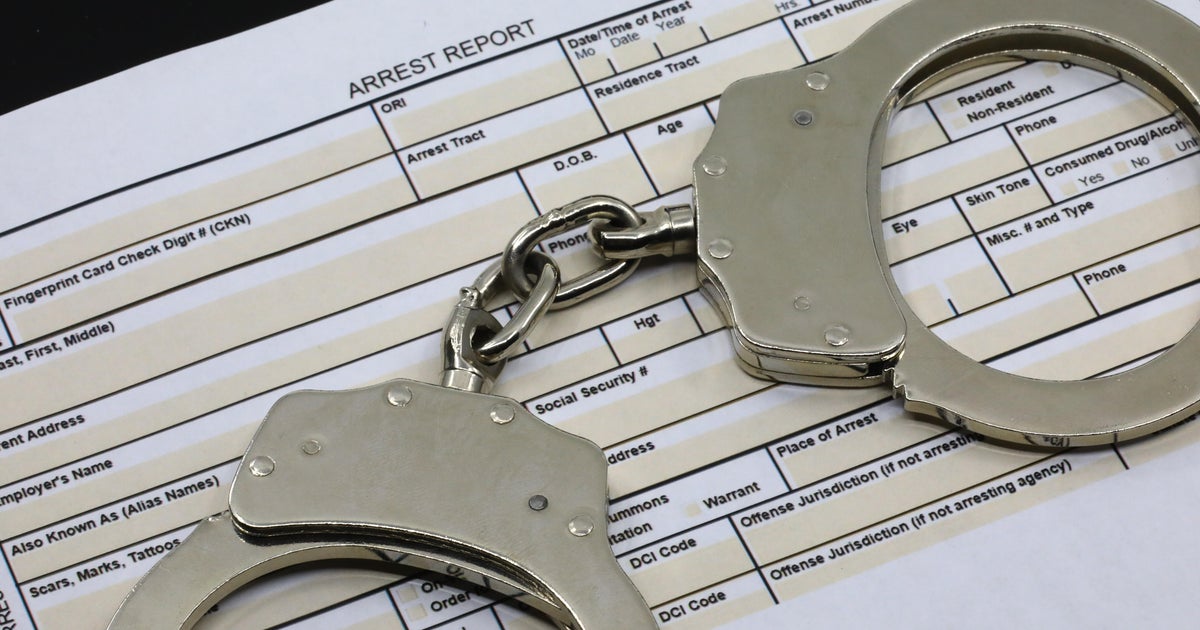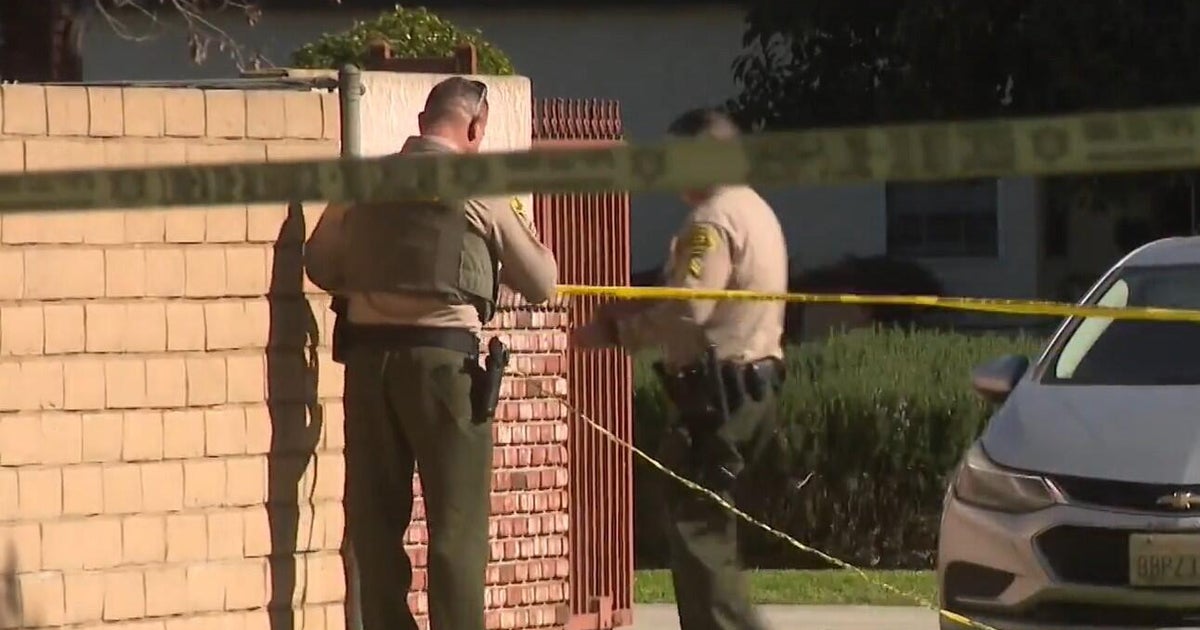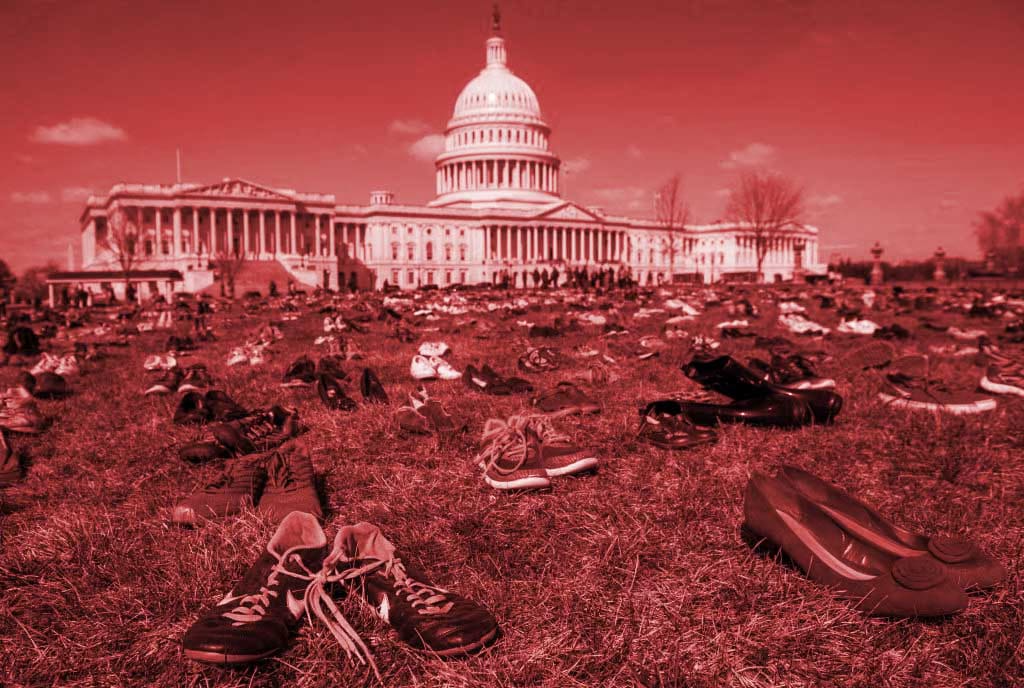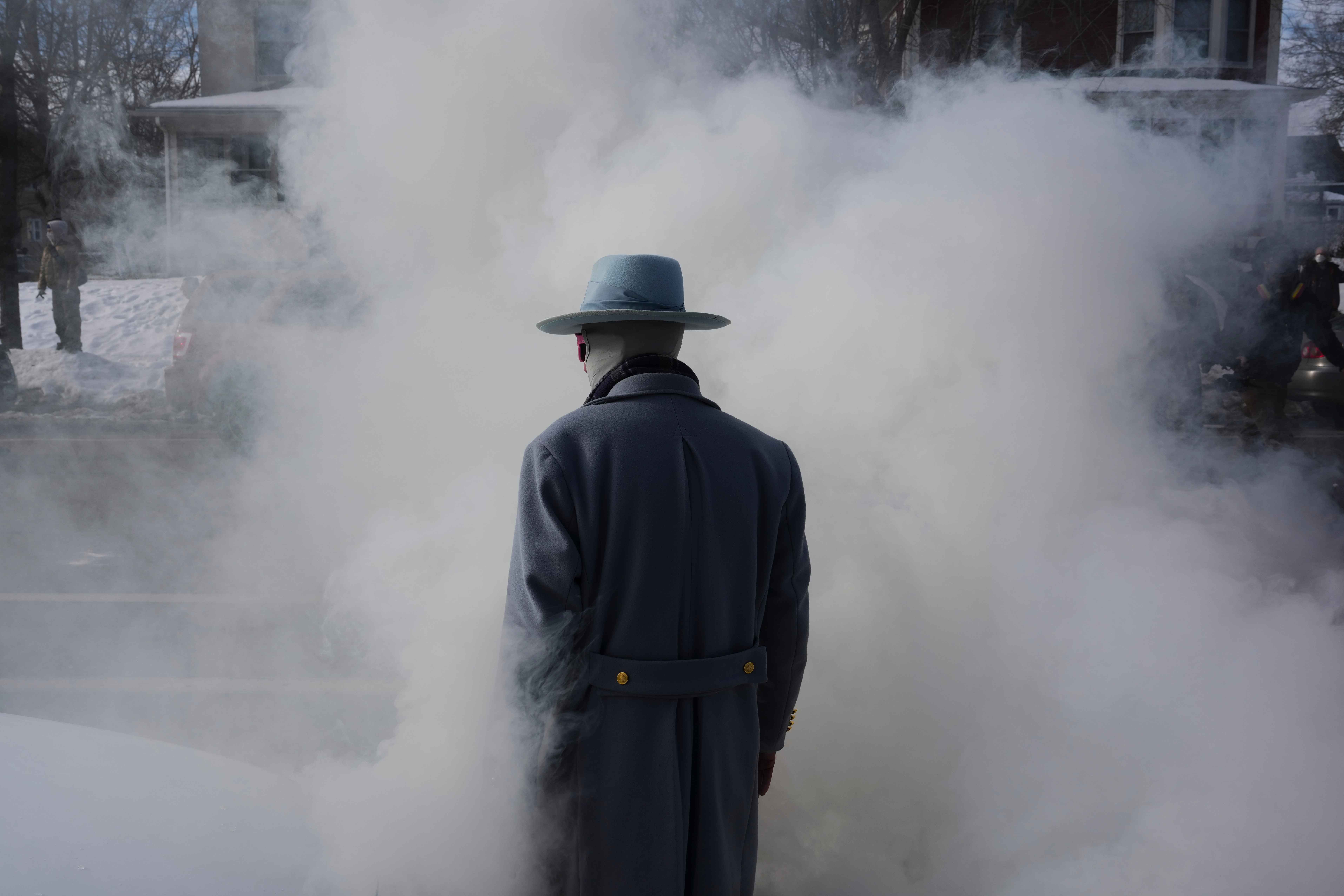Survivors of recent mass shootings revive calls for federal assault weapons ban, 20 years later
Washington — Nearly twenty years have passed since the expiration of the federal assault weapons ban, and Wednesday's mass shooting near the Kansas City Chiefs Super Bowl parade — which killed one person and injured nearly two dozen others — has again brought the debate around U.S. gun laws front and center.
Some survivors of recent mass shootings are throwing their support behind the Go Safe Act, legislation sponsored by Democratic Sen. Martin Heinrich of New Mexico that would effectively ban gas powered semi-automatic firearms and large-capacity magazines capable of holding more than 10-rounds.
Michael Anderson was pouring a drink at Club Q in Colorado Springs when shots rang out in November 2022.
"The rapid firing of bullets from a high-powered weapons, that's a sound you'll never get out of your head," Anderson told CBS News.
Anderson was the only surviving bartender in the mass shooting at Club Q, a popular LGBTQ bar, in which five people were killed and 17 more wounded, including Anderson.
The gunman pleaded guilty in state court to five counts of murder and 46 counts of attempted murder. He is also facing federal hate crime charges.
Natalie Grumet was shot in the face during the Las Vegas massacre, shattering her jawbone and fracturing her chin in half. She says he has since had "over a dozen" surgeries.
Sixty people were killed and hundreds more wounded when a gunman opened fire from a suite in the Mandalay Bay hotel room onto a crowd during an outdoor country music festival on the Las Vegas Strip in October 2017 — the deadliest mass shooting in U.S. history.
"I wake up in pain and I go to bed in pain, and emotional recovery is just as challenging," Grumet said.
Melissa Alexander, a gun owner and Republican, says she wants "to be a voice for that group of people that sometimes I don't think you hear from."
Alexander is the mother of a 9-year-old survivor of the Nashville elementary school shooting in March 2023 which killed three children and three adults.
"The more these types of tragedies happen, the more people will be activated," Alexander said. "There's going to be an inflection point. Like, we can't go on like this as a society."
Garnell Whitfield Jr.'s 86-year-old mother, Ruth Whitfield, was among 10 people killed by a white supremacist in a racially-motivated shooting at a grocery store in Buffalo, New York, in May 2022.
"You know, that inflection point for me is not going to bring my mother back," Whitfield said.
Now, fed up with gridlock, this group of mass shooting survivors and family members of shooting victims are meeting with lawmakers to rally support for Heinrich's Go Safe Act.
"I really wanted to get at the mechanisms, the specific mechanisms that make some of these weapons so dangerous," Heinrich told CBS News.
The semi-automatic weapons targeted by the bill are behind nine of the 10 deadliest shootings since 2016.
Heinrich's bill is supported by mass shooting survivors and March Fourth, a nonpartisan organization with a single mission of reinstating the ban.
Between 2015 and 2022, mass shootings carried out with assault weapons left an average of nearly six-times as many people shot as shootings without assault weapons, according to Everytown, a gun safety advocacy group.
"I think that people wanna think like this it is like a left or right issue," Grumet said. And I think we all know that sitting here, there's a lot of things going on that need to change, and you have to start somewhere."
"It starts with us," Grumet said.
"D.C. should take notes because we're all very different, from different parts of this country," Anderson added. "But we're here united on this, and eventually we will get the change we need and deserve."






